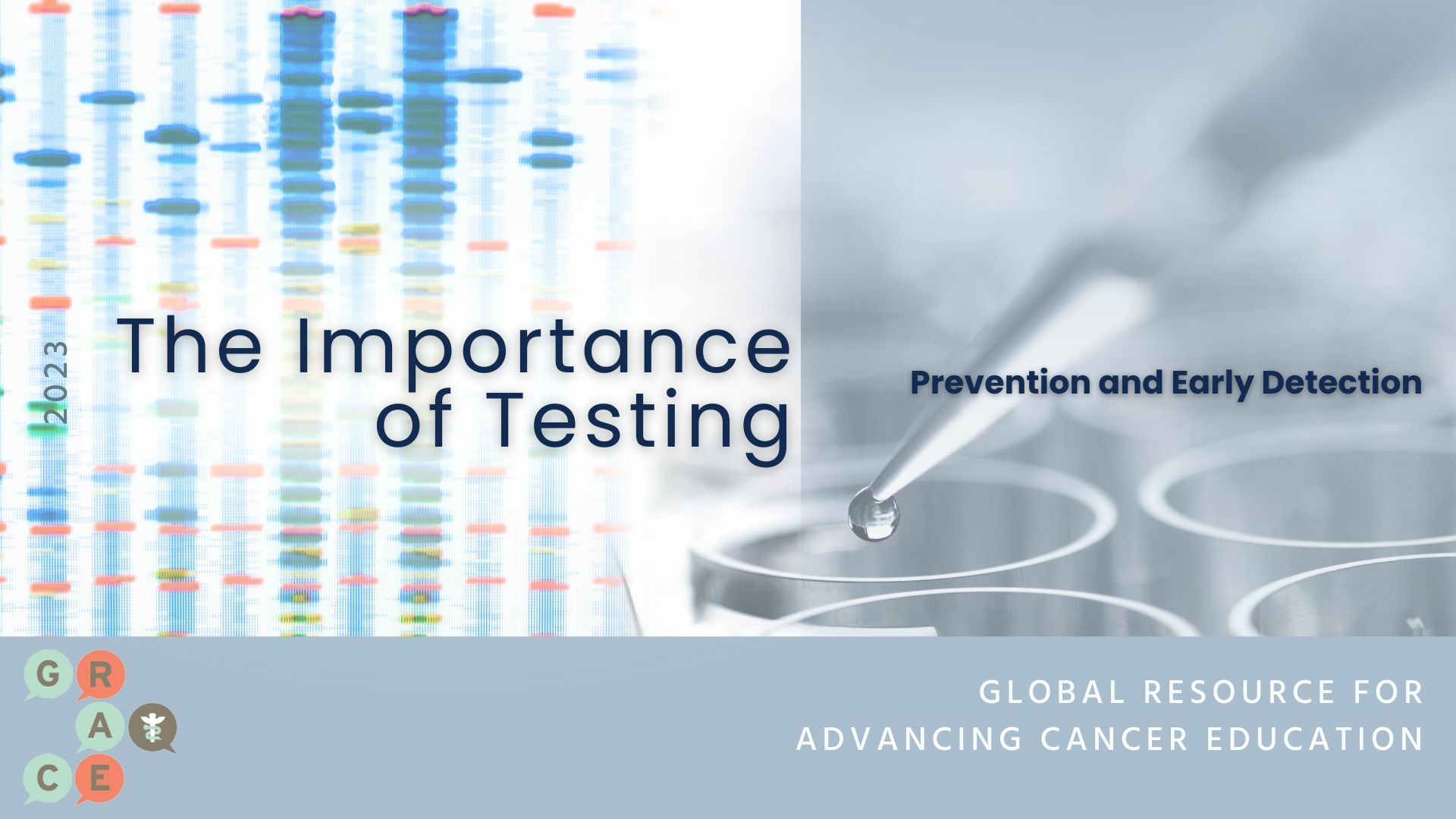Article and Video CATEGORIES
I had previously mentioned in prior posts that there have been a few studies in advanced NSCLC that indicate that about 4 cycles provides as much treatment benefit as continuing first-line chemo until progression. I also noted that the ECOG 4599 trial (abstract here) gave up to 6 cycles of chemo (with carbo/taxol) and avastin, followed by avastin alone as a maintenance therapy until progression of the cancer. We haven't had much information, though to guide us on whether to follow with immediate second-line chemo after completing the typical 4-6 cycles of chemo in the first-line setting, but a trial by Fidias and colleagues at ASCO this year was provocative and suggested a potential benefit to going straight from first to second-line treatment.
This trial was designed to test immediate vs. delayed second-line treatment with taxotere after 4 cycles of chemo with carbo/gemcitabine in the first-line setting, with the schema as shown below:
The study enrolled 562 previously untreated patients with advanced NSCLC, with 552 starting chemo with carbo/gemcitabine for up to 4 cycles. Patients who progressed before the end of four cycles (a total of 255) came off of the trial, and 307 others showed a response (tumor shrinkage) or stable disease. At that point, those 307 were randomized to immediate or delayed taxotere at the standard dose for second-line treatment, given IV every three weeks. Nearly all of the patients assigned to immediate taxotere got it as planned, but a full third of the patients on the delayed taxotere arm didn't receive it, due the patient being too ill for that treatment or patient refusing treatment.
The investigators found that there was a significant progression-free survival (PFS) benefit for the patients who went on to immediate second-line chemo instead of delayed chemo with observation after first-line therapy. The group going straight to taxotere had a median PFS of 6.5 months, vs. 2.8 months for delayed taxotere, a difference that was highly statistically significant. The likelihood of not progressing at a year after starting the trial was 20% for those on immediate second-line treatment vs. only 9% for those on the delayed treatment arm. The curves are shown here:
Looking at the overall survival, the difference wasn't as striking and didn't quite reach statistical significance (p = 0.071, higher than the cut-off of p < 0.05 we're looking for, meaning there's a less than 5% chance the difference could be explained by chance alone), but the numbers were impressively different: a median survival of 11.9 months with immediate taxotere treatment, vs. 9.1 months with a delay; this difference in the range of 2-3 months would be an improvement most of us would consider to be clinically meaningful.
A related aside: there can be a distinction between statistically and clinically significant differences. Sometimes in a big trial very small absolute improvements can be statistically different but not clinically important (perhaps, an improvement in median survival by 10 days), while some underpowered trials can have very large and potentially important clinical differences that don't reach statistical significance.
The two arms had very similar rates and severity of side effects, and the investigators also checked patient quality of life with surveys and found no real differences favoring either group.
The main issue with the trial is that 1/3 of the people on the delayed chemo arm didn't get it, for one reason or another. While problems can always occur that keep people from getting treatment after a delay, I don't think anything close to 1/3 of my patients have something keep them from getting treatment as planned. But at the end of the day, the numbers indicate a borderline significant improvement in overall survival by moving straight from first-line to second-line treatment. Presumably, this doesn't apply to people on maintenance avastin, since they don't really come off of treatment after stopping chemo.
Trying to put this in the context of other trials, Virginie Westeel and colleagues from France tested the value of going straight to second-line navelbine after first-line platinum-based chemo for 2-4 cycles (full article here). They found no real benefit and considerable toxicity challenges from going right into second line therapy:
Another trial, by Brodowicz and colleagues tested maintenance gemcitabine as a single agent in patients who did not progress after several cycles of cisplatin/gemcitabine (abstract here). The trial started with 352 patients, of whom 206 didn't progress and were randomized to maintenance gemcitabine or just supportive care and follow-up (2 to 1 to treatment). While the progression-free survival was signficantly better with maintenance chemo, the overall survival was two months better with maintenance, but the small numbers left this difference as not statistically significant (13 vs 11 months).
So this idea is a little different, since the maintenance chemo wasn't a different second-line drug, but rather a continuation of part of first-line treatment, similar to keeping the avastin maintenance after six cycles of chemo with avastin.
I doubt these will completely change practice, since none of these trials showed a significant survival benefit, and it conflicts with our general practice patterns for a long time. But while the Westeel trial was just negative (with a tough first-line cisplatin-based chemo followed by un underperforming second-line agent), the other two trials demonstrated impressive PFS and nearly significant overall survival benefits that would have been positive in larger trials. I'd be very surprised if the benefit is limited to taxotere, and I'd speculate that a very similar result would be obtained with alimta or tarceva (given that similar results were obtained with gemcitabine and taxotere), but we don't have results to speak to that. One Roche-sponsored trial, called SATURN, is testing immediate vs. delayed tarceva after four cycles of first-line chemo, so we'll get information on that issue in the coming year or two. But for now, I'd say that I'm more inclined to go straight to second-line therapy based on the growing evidence supporting it, at least in patients who aren't doing maintenance avastin.
Please feel free to offer comments and raise questions in our
discussion forums.
Forum Discussions
Hi Blaze,
As much as I hate to say it, Welcome back Blaze. It sounds like you're otherwise feeling good and enjoying life which is a wonderful place to be. ...
Waiting for my appointment with oncologist this morning. Thank you for the response. It helps. <3
It sounds like you’re thinking of this in a very appropriate way. Specifically, it sounds like the growth of the nodule is rather modest, though keep in mind that the change...
Hi and welcome to GRACE. I'm sorry your mom is having this difficulty. An indwelling catheter is used when the pleura space continually fills and the catheter is always there to...









